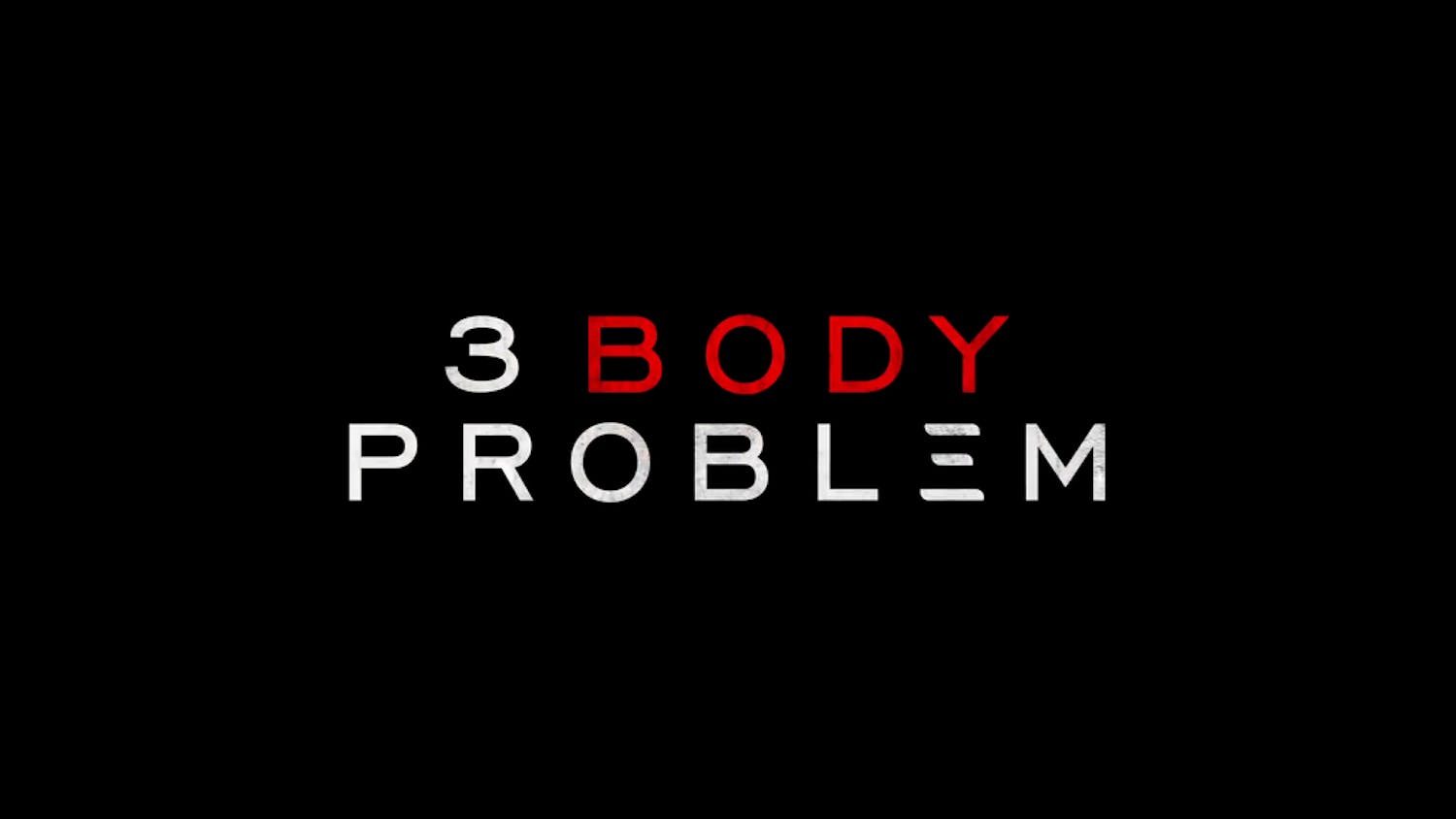Though often overlooked prior to the release of "Guitar Hero" (2005), rhythm gaming has been a popular genre since "Athletic World" was released on the Nintendo Entertainment System in 1987. In the '90s, games like "PaRappa the Rapper" (1997) picked up the mantle alongside the smash-hit "Dance Dance Revolution" series (1998), and in the current decade, "Guitar Hero" was the one game to rule them all. Now at the end of the decade, Activision, the company behind "Guitar Hero," is looking to revitalize the rhythm genre again with the release of "DJ Hero."
The basic concept behind "DJ Hero" is the same as that of most games: Everybody wants to be a "blank." In the case of "Madden NFL 2010," the blank is filled in with "football player." For "Guitar Hero," the blank is replaced with "guitarist." For "DJ Hero," it's ... well, you get the point.
While gamers will be sorely disappointed if they think that purchasing "DJ Hero" will make them into real-life DJs, it comes closer than, say, "GoldenEye 007" (1997) comes to making players into James Bond.
The game comes with its own unique controller: a small plastic turntable with a fader, various knobs and a record with three buttons on it. As far as controllers go, it's pretty cute. In a day and age when each new game requires some special hardware — a guitar for "Guitar Hero;" a skateboard for a Tony Hawk game; a forty-button, three-pedal, two-joystick behemoth for a robot fighting game — it's completely unsurprising for a game based on deejaying to need a controller like this.
This isn't necessarily a bad thing, as the dedicated controller makes the game feel more substantial and the experience more real. Plus, it's just fun to furiously spin the record, jab the buttons, hit the cross-fader and "wikkity-wik" when the game says to.
Buying "DJ Hero" isn't simply buying a game — it's getting a full-on experience. This experience, however, comes at a high price. The suggested retail price is $119.99 for Xbox 360, PlayStation 3, and Nintendo Wii. Even $99.99 for the PlayStation 2 version is pretty steep, so casual players will probably want to think about the purchase before jumping in with both feet — or record-spinning hands — to become a virtual DJ. And if that seems inexpensive, a special edition, "DJ Hero Renegade Edition Featuring Jay-Z and Eminem," is available for $200. It features a handful of extra songs, a snazzier looking turntable and a little stand for the turntable controller to sit on.
The game works in much the same way as any and every rhythm game. An on-screen track features symbols that roll by, and when they fall below a cursor the player hits a button to activate them. In "Guitar Hero" the symbols represent notes; here they represent samples and various tracks. Each level consists of a set list made up of three or four mixes. Each mix is a combination of two songs that go together to form a fun mash-up, and it's the player's job to bring this mash-up to life.
With 94 mixes featuring over 100 songs from artists like Jay-Z, Grandmaster Flash, Justice, Rihanna, Third Eye Blind and Daft Punk, "DJ Hero" has something for everyone.
In less than one decade, music video games have gone through the evolution that music took many decades to complete: from bands with instruments to DJs with turntables. It seems odd that it took so long for a high-profile game about deejaying to be released. That isn't to say that "DJ Hero" is the first game about dejaying, but it is the most successful by far.
The game is a lot of fun, but it is awfully similar to other "Hero" games. For serious vinyl fetishists and DJ aficionados, buying "DJ Hero" is probably a no-brainer. For everyone else: Wait for the price to drop a bit.





